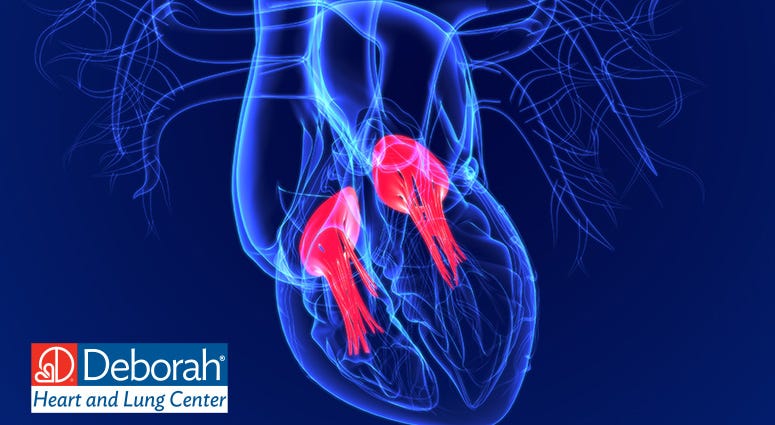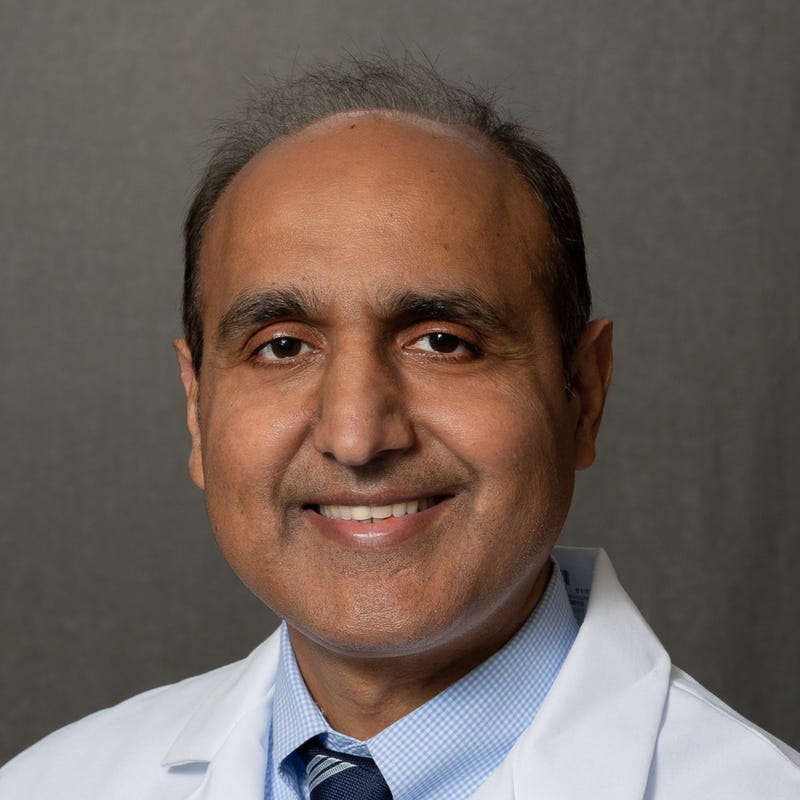
Deborah Heart and Lung Center interventional cardiologist, Muhammad Raza, M.D. is a big fan of heart valves.
“These valves are much tougher, much stronger, than you would think,” he enthused. “In a minute, a heart is beating, like, 70 times. Think about, in an hour, in a day, over the lifespan of a person – they last for SO long. Fortunately, they’re very sturdy, they do a great job and are Nature’s most intricate structures in our bodies.”

That said… even the sturdiest valve can start to break down over decades and decades of non-stop chugging along.
“Valvular dysfunction and age go hand in hand,” Dr. Raza explained. “In the general population, 2% of patients have valvular disease.
When you are above 65, especially above 70, 10% of patients have valvular heart disease. So, it’s very prevalent, it’s very common.”
It’s also common, then, to blow off its symptoms as just another typical sign of getting older. No one, after all, wants to consider fatigue, shortness of breath or even swelling in the hands and feet as anything more than the results of an extra-busy day or extra-salty meal.
And that’s if there are any clues at all. In the earlier stages of valvular stenosis – when a valve doesn’t open properly – or regurgitation – when it doesn’t close completely – the patient may experience no symptoms, a state that could remain stable for years.
It’s important to identify valve issues even at the mild or moderate stage, even when monitoring is the only course of care. Symptoms starting to appear or to increase could be a sign of accelerating disease progression that can cause a cascade of heart-weakening complications that could leave a delaying patient without intervention options: with a heart so damaged that repairing or even replacing a valve will make no difference.
KYW’s Rasa Kaye talks with Dr. Raza about diagnosing and treating valvular heart disease, the high-tech present of minimally invasive care at Deborah Heart and Lung Center and the exciting future in the heart valve research space.
To schedule an appointment, visit DemandDeborah.org or call 609-831-4456.
This Health Report is sponsored by Deborah Heart and Lung Center.
